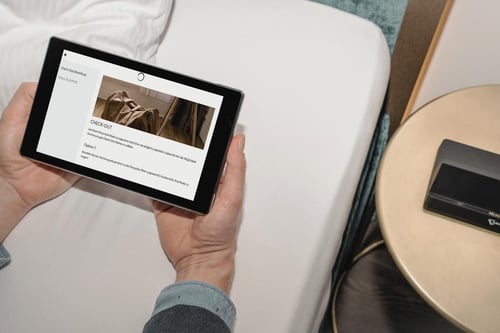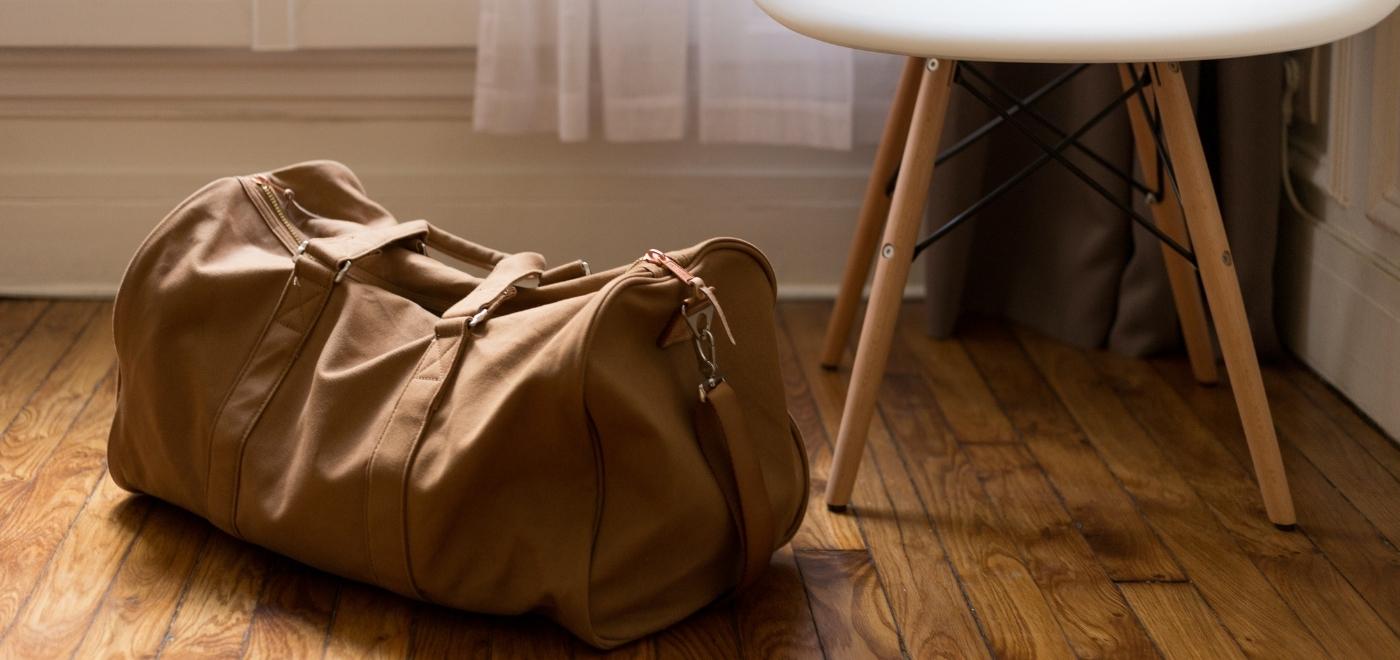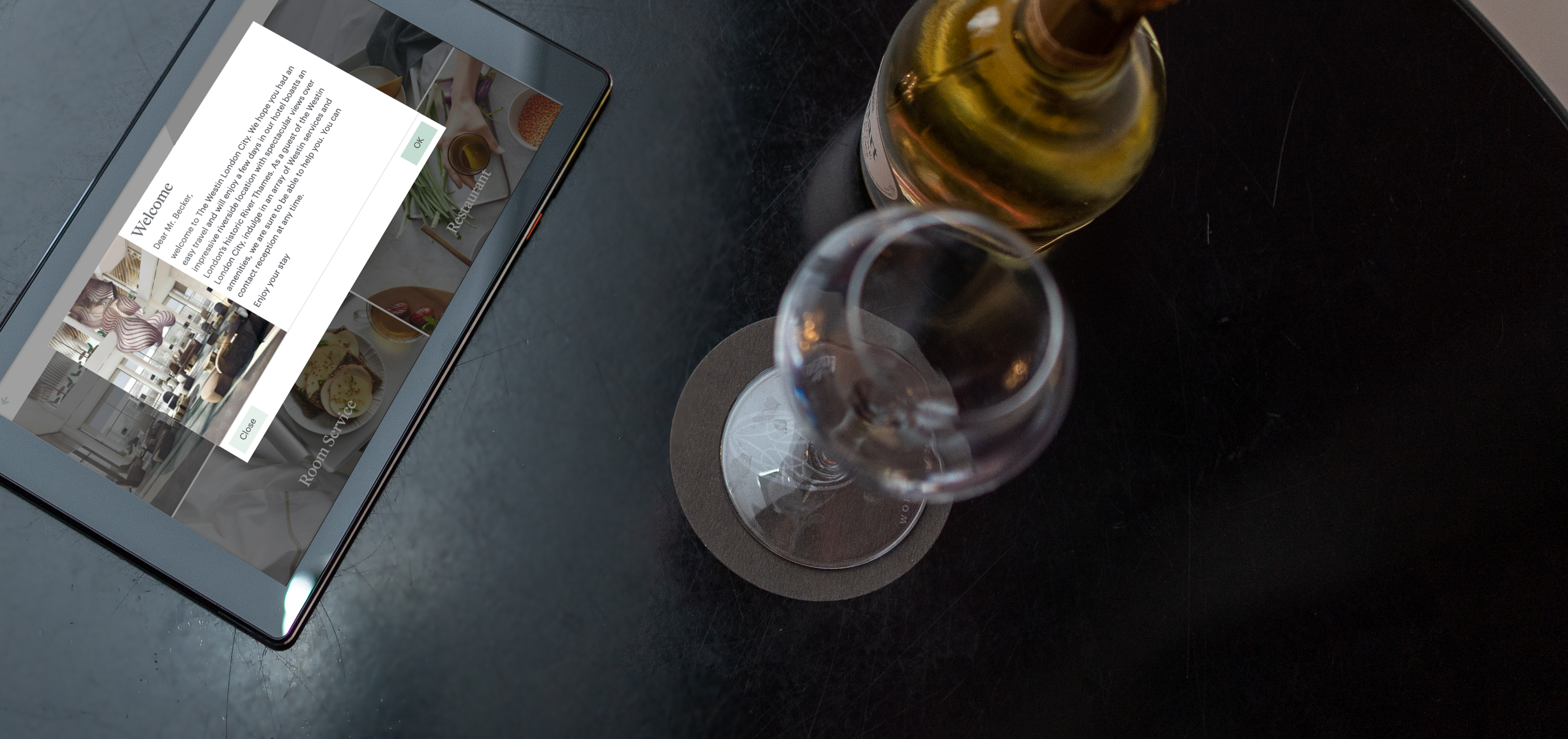![]() Free late check-out offers sound like good service. Yet, high demand can quickly turn this benefit for the guests into a challenge for the hotel. The solution for this is at hand - quite literally, in fact.
Free late check-out offers sound like good service. Yet, high demand can quickly turn this benefit for the guests into a challenge for the hotel. The solution for this is at hand - quite literally, in fact.
For many travelers, the prospect of extending their departure time and making their travel plans more flexible is a highly appreciated perk. Whether it's a spontaneous change of plans or simply wanting to indulge in a few more moments of sleep, a late check-out provides a convenient solution that enables guests to make the most of their stay until the very end. By allowing guests to leave at a later time, hotels can not only enhance their guests' overall experience but also positively impact their ratings.
Free of charge - but not free of challenges
 Those who offer their guests a late check-out at no extra charge hope for satisfied guests who feel appreciated and perceive the offer as service-oriented. The free option can also set you apart from other hotels and create a real competitive advantage, as free late check-outs are not the norm.
Those who offer their guests a late check-out at no extra charge hope for satisfied guests who feel appreciated and perceive the offer as service-oriented. The free option can also set you apart from other hotels and create a real competitive advantage, as free late check-outs are not the norm.
Initially, offering this service without a fee may seem like a great idea, but hotels need to strike a balance between meeting guest expectations and maintaining control over their operational processes.
A boutique hotel in Berlin learned this lesson the hard way. Up until July 2022, the hotel had been offering a free late check-out option until 1:00 p.m., which could be requested digitally via SuitePad in-room tablets. Given the city's reputation for its vibrant nightlife, this service became exceedingly popular, resulting in a surge in demand that was difficult for the staff to manage. As a result, the hotel was unable to fulfill all the bookings, which left guests feeling disappointed and impacted the intended positive effect of the service in a negative way.
Making the most of the least
 The hotel had to find a solution that would satisfy both sides: their guests and their staff. After careful consideration, it was decided that late check-out would no longer be free but offered at a small additional charge. The price adjustment was quickly implemented via the Admin Panel of the SuitePad software.
The hotel had to find a solution that would satisfy both sides: their guests and their staff. After careful consideration, it was decided that late check-out would no longer be free but offered at a small additional charge. The price adjustment was quickly implemented via the Admin Panel of the SuitePad software.
The impact was noticeable right away. As expected, the number of requests decreased, and the workload for the staff was reduced. Additionally, this measure provided the hotel with an opportunity to generate additional revenue.
By the end of 2022, in less than half a year, the hotel achieved a turnover of €4,160 with 187 confirmed requests.
This success story highlights the importance of being flexible to guests' needs while keeping operations in check. By using technologies like SuitePad, hotels can streamline their processes, enhance efficiency, and ultimately increase guest satisfaction.
Conclusion
The case of the three-star design hotel in Berlin serves as a testament to the importance of responding flexibly to guests' needs while also keeping operational efficiency in mind. Through the implementation of a clever process adaptation and the use of SuitePad, the hotel was able to improve operational processes and increase guest satisfaction. The end result was not only an increase in revenue from late check-outs but also an improvement in overall guest satisfaction.
📸 Copyright: SuitePad
Published on 27 April 2023







